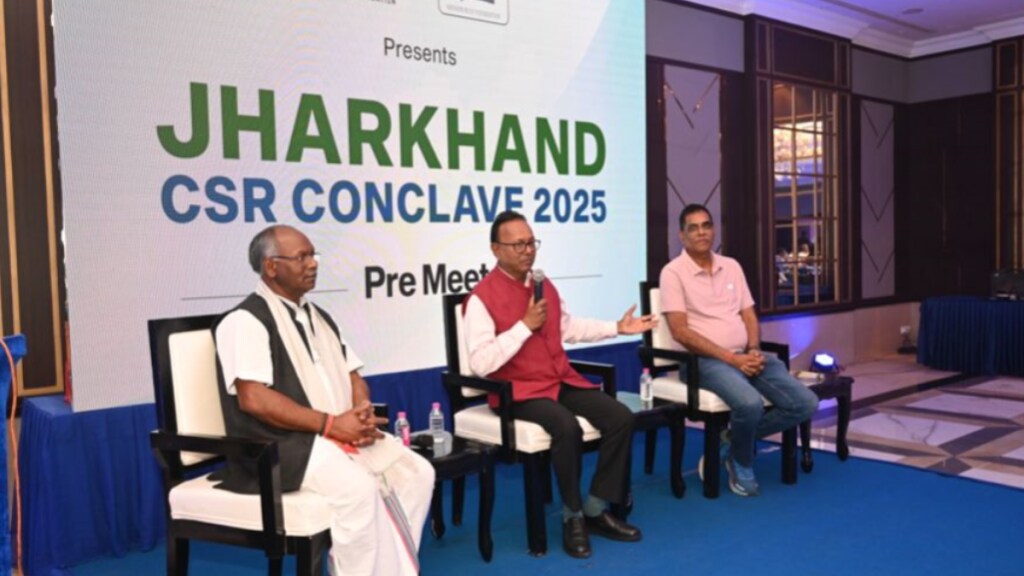The Jharkhand CSR Conclave 2025 is set to take place on August 22 and 23 at the Radisson Blu Hotel in Ranchi, bringing together corporate leaders, government officials, NGOs, and academic institutions to discuss the future of sustainable and inclusive development in the state.
Sustainable Growth
Themed “CSR toward Sustainable Growth: Connecting Impact and Innovation”, the conclave will focus on aligning corporate social responsibility (CSR) with economic development, social welfare, and environmental sustainability. The event is expected to facilitate strategic dialogue and knowledge-sharing among stakeholders working to address systemic developmental challenges in Jharkhand.
Organisers said the conclave would offer a platform for showcasing transformative CSR practices and encouraging partnerships across sectors, with the goal of supporting community welfare and inclusive growth. Discussions will also highlight Jharkhand’s cultural heritage, tribal communities, investment potential, and natural resources.
Multi-Sectoral Participation and Grassroots Focus
Over two days, the conclave will feature keynote sessions, panel discussions, workshops, and exhibitions. Topics include climate action, education, healthcare, women’s empowerment, and responsible business practices.
Participants will include Section 8 companies, charitable trusts, NGOs, universities, and policymakers, alongside private and public sector enterprises. Official sponsors of the event include ONGC, Coal India, NTPC, and SAIL.
Jharkhand’s unique socio-economic landscape—marked by rich natural resources and persistent structural gaps—forms the backdrop for the discussions. The event aims to explore how collaborative, locally grounded solutions can be scaled to achieve long-term impact.
The conclave also intends to surface successful case studies from within the state and promote dialogue between industry and grassroots organisations, with the aim of shaping development models that are inclusive, contextual, and sustainable. The conclave seeks to position Jharkhand as a model for region-specific CSR interventions that blend innovation with impact, rooted in the state’s social and ecological realities.


